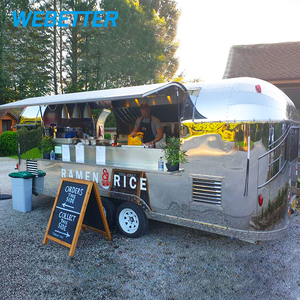आपके उद्योग में लोकप्रिय









































































संबंधित खोजें:




























































































































































मोबाइल फूड ट्रक के बारे में
कई प्रकार के होते हैं। मोबाइल फूड ट्रक इसमें स्टेनलेस स्टील, सिलिकॉन, गुलाब क्वार्ट्ज और यहां तक कि स्वारोवस्की क्रिस्टल वाले भी शामिल हैं। वहां। मोबाइल फूड ट्रक जो आपके पसंदीदा गीत की ताल और ताल को कंपायमान करता है .. मोबाइल फूड ट्रक वॉटरप्रूफ डिजाइन में आते हैं और शरीर की जांच में सुरक्षित होते हैं। जब आप इनमें से कोई एक खरीदते हैं, तो खोने के लिए बहुत कुछ नहीं होता है, और हर किसी के अनुकूल होने के लिए कीमतें, ब्रांड और किस्में होती हैं।
व्यावहारिक रूप से। मोबाइल फूड ट्रक पिछली शताब्दी के अधिक बुद्धिमान आविष्कारों में से एक है। वे प्रतिरक्षा को बढ़ाते हैं, तनाव को दूर करते हैं, और यात्रा के लिए महान हैं .. मोबाइल फूड ट्रक यूएसबी, वॉटरप्रूफ डिजाइन और बॉडी-सुरक्षित सिलिकॉन के माध्यम से फास्ट-चार्जिंग जैसी सुविधाओं के साथ आते हैं .. मोबाइल फूड ट्रक आसानी से साफ, आसानी से पैक किया जाता है, और इसमें अंतर्निहित लोचदार तंग छल्ले और गुप्त सुख गुफाएं जैसी विशेषताएं हैं।






















